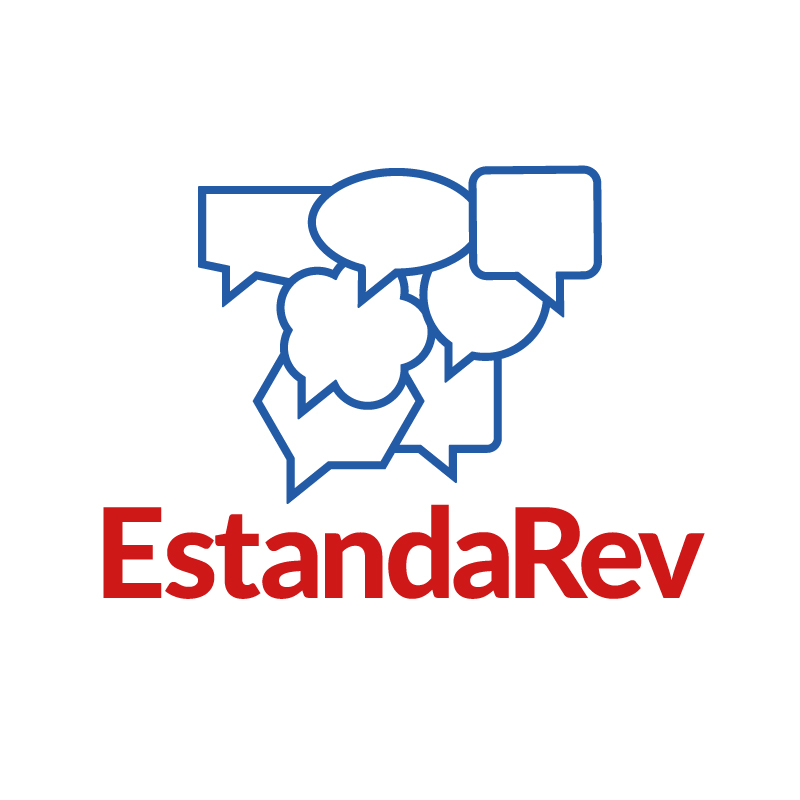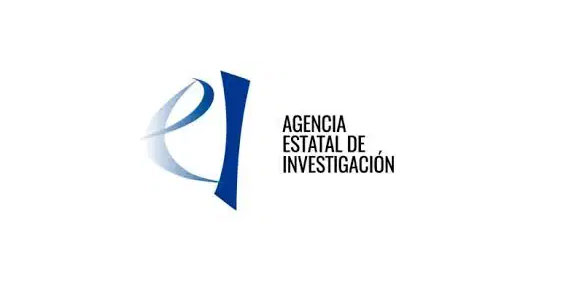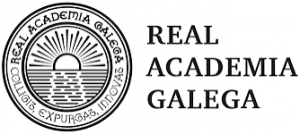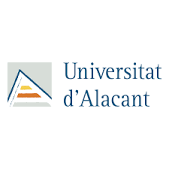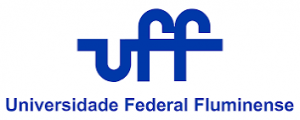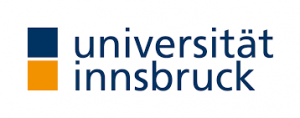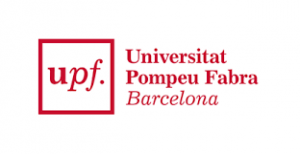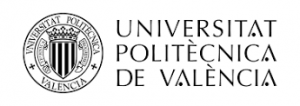

Este proyecto se dedica al estudio comparado de los fundamentos valorativos e ideológicos de la estandarización de español, catalán, gallego y euskera en España. La novedad de la propuesta radica tanto en el acercamiento comparativo como en la perspectiva teórico-metodológica, centrada en la percepción del hablante y en la construcción discursiva de las variedades. Así pues, el foco de la investigación son los aspectos bottom-up, no institucionalizados, de la estandarización lingüística y, en concreto, las actitudes e ideologías lingüísticas que muestran hablantes nativos de diferentes variedades de las 4 lenguas acerca de la emergencia, configuración y elaboración de modelos idiomáticos y variedades estándares. Deseamos explorar cómo se adoptan, se contestan, se reapropian y recontextualizan las variedades estándares y regionales por los mismos hablantes en las coordenadas espacio-temporales actuales, una época en la que los cambios sociales, incluida la mediatización, la intersección entre lo global y lo local, la digitalización y la democratización están impactando en las standard language cultures. Una percepción más favorable a la alternancia en el uso de variedades y variantes estándares/dialectos vernaculares en diversos medios de comunicación puede señalar mayor dinamismo y flexibilidad en las ideologías lingüísticas y en el cuestionamiento de la existencia de un único modelo de corrección lingüística o best language para hablantes de una lengua mayoritaria (el español) y/o hablantes de lenguas minoritarias (catalán, gallego y euskera). Investigaciones recientes señalan que las variedades de medios de comunicación orales son valoradas no solo con las cualidades tradicionales asociadas a los estándares: poder y estatus social (inteligencia, competencia, sensatez, etc.), sino con descriptores de empatía y dinamismo (versatilidad, afectividad, sentido del humor, etc.), lo cual debe investigarse también en diferentes culturas lingüísticas peninsulares. La metodología incluye tanto la medición de actitudes lingüísticas encubiertas (open-guise experiment), a partir de la escucha de tertulias sociopolíticas de radio y podcasts, como pruebas directas (entrevistas semidirigidas y focus-groups), tras el visionado de tertulias sociopolíticas televisivas. Queremos contribuir a un mayor conocimiento sobre los distintos valores sociales e ideológicos que los hablantes de español peninsular, catalán, gallego y euskera atribuyen a sus respectivas variedades estándares y regionales, así como analizar cómo transmiten, perpetúan o deconstruyen metadiscursivamente las ideologías de la estandarización.
Palabras clave: estandarización lingüística, ideologías lingüísticas, actitudes lingüísticas, vernacularización, mediatización; enregisterment, español, catalán, gallego, euskera.
LANGUAGE STANDARDIZATION REVISITED: MEDIATIZATION, VERNACULARIZATION AND LANGUAGE IDEOLOGIES IN CONTEMPORARY SPAIN (ESTANDAREV)
This project has as its backbone a comparative study of the evaluative and ideological foundations in relation to the standardization of Spanish, Catalan, Galician and Basque in Spain. The originality of the proposal lies both in its comparative approach and its theoretical-methodological perspective, which is centred on the speaker’s perception as well as on the discursive construction of the varieties. Thus, the focus of the research is the bottom-up, non-institutionalized aspects of language standardization and, specifically, the language attitudes and ideologies in relation to the emergence, configuration and elaboration of linguistic models and standard varieties displayed by native speakers of different varieties of the 4 languages. We wish to explore how standard and regional varieties are adopted, contested, reappropriated and recontextualized by the same speakers in current spatio-temporal coordinates, a time when social changes, including mediatization, the intersection between the global and the local, and digitization and democratization are impacting standard language cultures. A perception that is more favorable to the alternation in the use of varieties and standard variants / vernacular dialects in various communication media may indicate greater dynamism and flexibility when it comes to laguage ideologies and to questioning the existence of a single model of linguistic correction or best language for speakers of a majority language (Spanish) and / or speakers of minority languages (Catalan, Galician and Basque). Recent research indicates that the varieties of oral communication media are valued not only by means of traditional qualities associated with the standards: power and social status (intelligence, competence, good sense, etc.), but also by means of descriptors of empathy and dynamism (versatility, affectivity, sense of humor, etc.), which should also be examined in different peninsular linguistic cultures. The methodology includes both the measurement of covert language attitudes (open-guise experiment), elicited from listening to sociopolitical radio gatherings and podcasts, and direct tests (semi-directed interviews and focus-groups), elicited by means of viewing sociopolitical television gatherings. We want to contribute to a greater understanding of the different social and ideological values that speakers of mainland Spanish, Catalan, Galician and Basque attribute to their respective standard and regional varieties, as well as to analyze how they metadiscursively transmit, perpetuate or deconstruct standard language ideologies.
Keywords: language standardization, language ideologies, language attitudes, vernacularization, mediatization; Enregisterment, Spanish, Catalan, Galician, Basque.
Conecta con nosotros en nuestras redes sociales:
![]()



